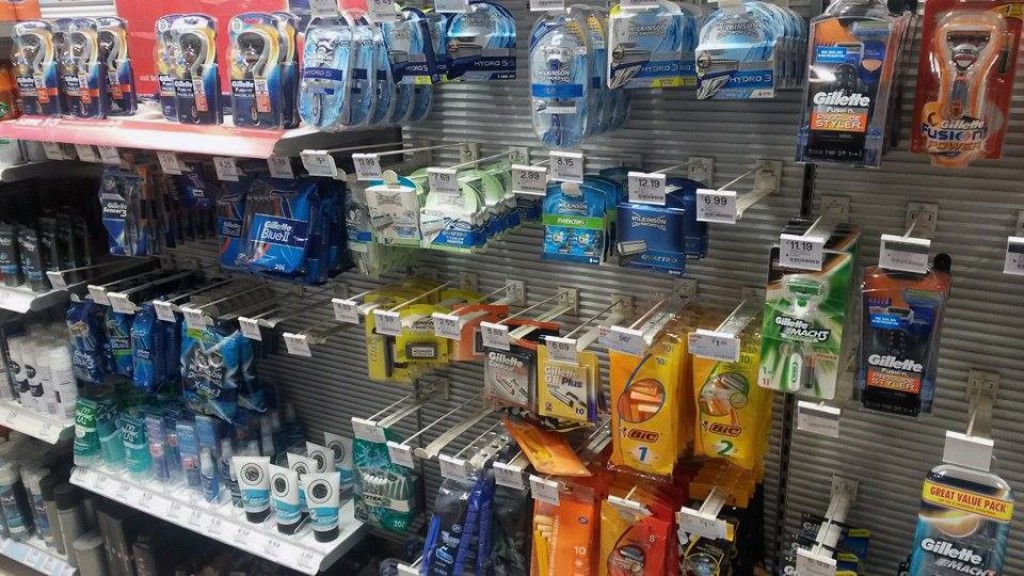
This is part two of the series of blogs in which the Great Recovery will explore how to design a product for circularity. This post will concentrate on the research stages of the product development – outlining the information we gathered from desk based and direct research like interviews with customers.
As discussed in our first blog, the main reason we chose to redesign disposable razors is that they can’t be easily recycled. It’s difficult and can be dangerous to separate the blade from the rest of the product, and is not economic to do so in terms of labour costs. It is also most likely that they end up in black bin bag waste along with other non-recyclables, ultimately ending their life in incineration or landfill.
In order to carry out our research, we bought various different types of razors from a chemist, varying in quality and price. These were then broken down to analyse the materials used, number of parts, amount of materials, weight, and ease of disassembly.
Customer Research
We carried out customer research to understand people’s motivation for buying one type of razor as opposed to another.
Whilst customers focus most on economic factors – the price of the razor – they do also think about quality. Customers often don’t realise the number of available options outside of their local store or pharmacy, which include double-edge safety razors for example where 100 blades can be bought for as little as £4, compared to buying 4 cartridges for £15 .
The problem these users encounter is that they use the razor cartridges for much longer than they should in order to save money, but at the expense of their skin – as when the razor gets dull it produces tugging and irritation.
The way razor companies deal with this is by selling shaving gel, and adding numbing agent chemicals so it doesn’t hurt you as much when the razor tugs. These chemicals are not good for long term use and can cause premature aging and drying. Even the synthetic colour and scent of the cream can cause irritation.
If men (and for the purposes of this project we have focused mostly on men) had a larger offer of different products – for example old school double edge safety razors, instead of the same product manufactured by different brands, they might discover that there are cheaper and potentially healthier options available.
Interview with Waste Manager (Regis Road Recycling Camden) + Barber (Murdock London)
As part of our research we interviewed some experts in the field: a waste manager from Regis Road Recycling Centre in Camden town, and Aaron Wright, a barber from Murdock London.
This project is a collaboration between the RSA Great Recovery Programme and Fab Lab London.





